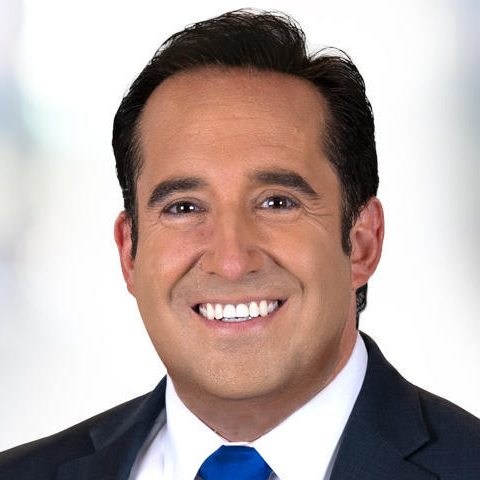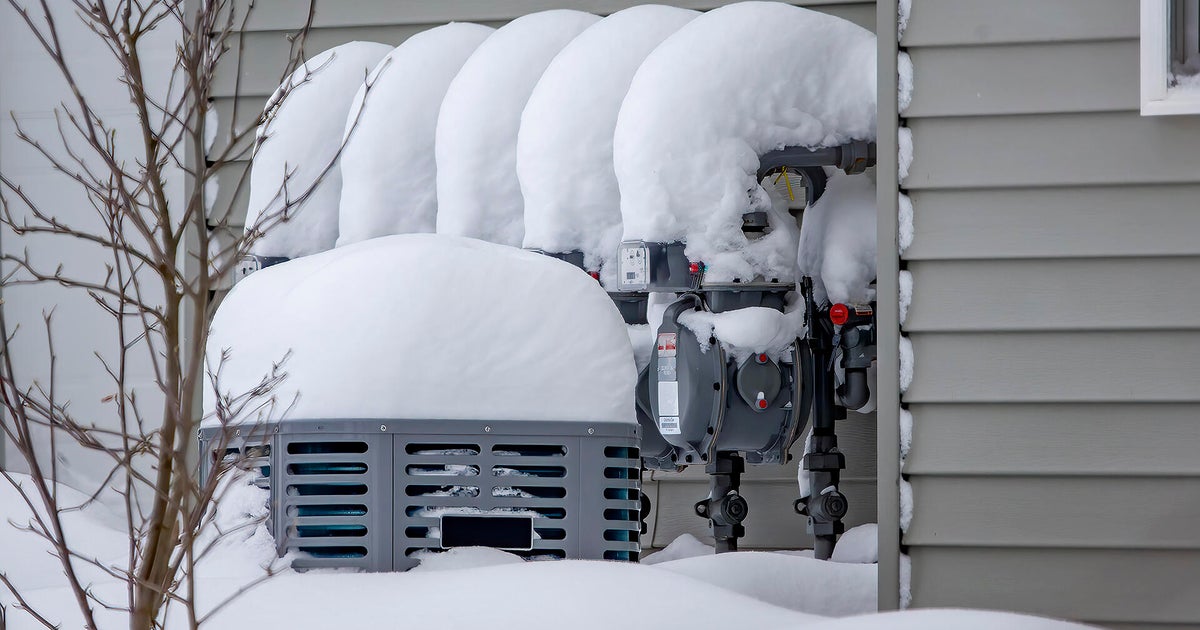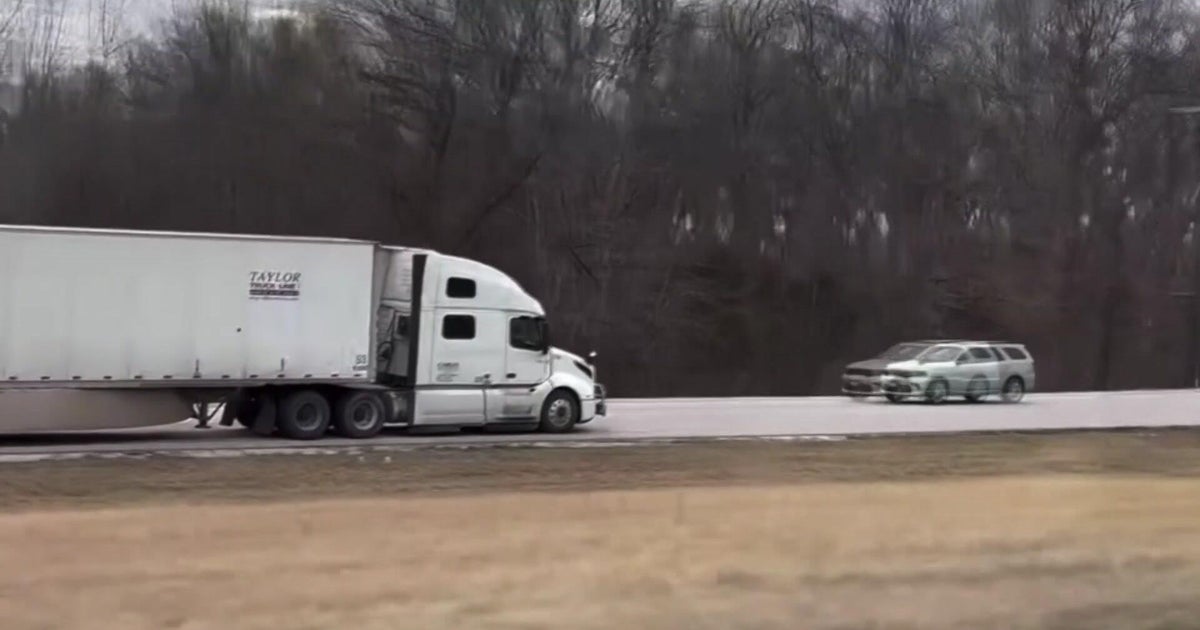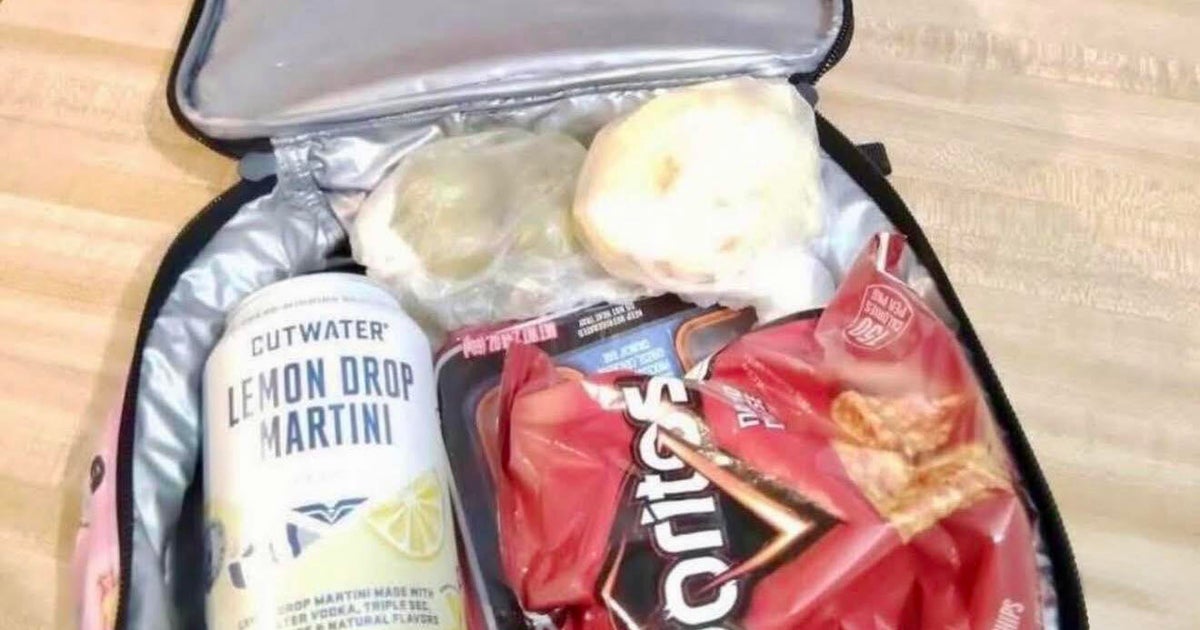Minnesota, Wisconsin laws differ on in-school carbon monoxide detectors
MINNEAPOLIS -- One incident at a daycare in Philadelphia last week sent more than two dozen kids to the hospital.
Just Wednesday, a carbon monoxide leak at a school in Kansas City sent six students and two adults to the hospital.
A CBS News investigation revealed Pennsylvania and Missouri are among many states that do not require schools and childcare centers to have CO detectors.
Jonah Kaplan did some checking on Minnesota laws, and what's very different in Wisconsin.
It's long been known as the "silent killer," which is why the message from fire marshals is always loud and clear: carbon monoxide detectors could save your life.
"Carbon monoxide is an odorless, tasteless gas. You can't detect it on your own until symptoms begin. So you need that alarm for early warning," said Forrest Williams with the Minnesota State Fire Marshal's Office.
Just this past weekend. investigators blaming a CO leak for killing a St. Paul couple on a hunting trip in Mille Lacs County. Last year, CO killed a family of seven in Moorhead.
As of March 31, 2020, CO detectors are generally required in schools and day care centers - either in every classroom or near the source of where the CO could be coming from.
Here's the fine print though: the law only applies to new construction, it is not retroactive. In Wisconsin, the CO law only applies to residential settings. That means if there are CO detectors at schools like Wooddale Community Nursery School in St. Louis Park, it's of their initiative.
"I just think people should do things that keep them safe. I don't know why you wouldn't," said Sue Moen Reid, director of Wooddale Community Nursery School.
For parents, the fire marshal's school inspection team is offering them many good questions to take to their child's school administration.
"I would ask what type of system you have, where are the detector locations, and most importantly, where does that alarm signal go?" Williams said.








